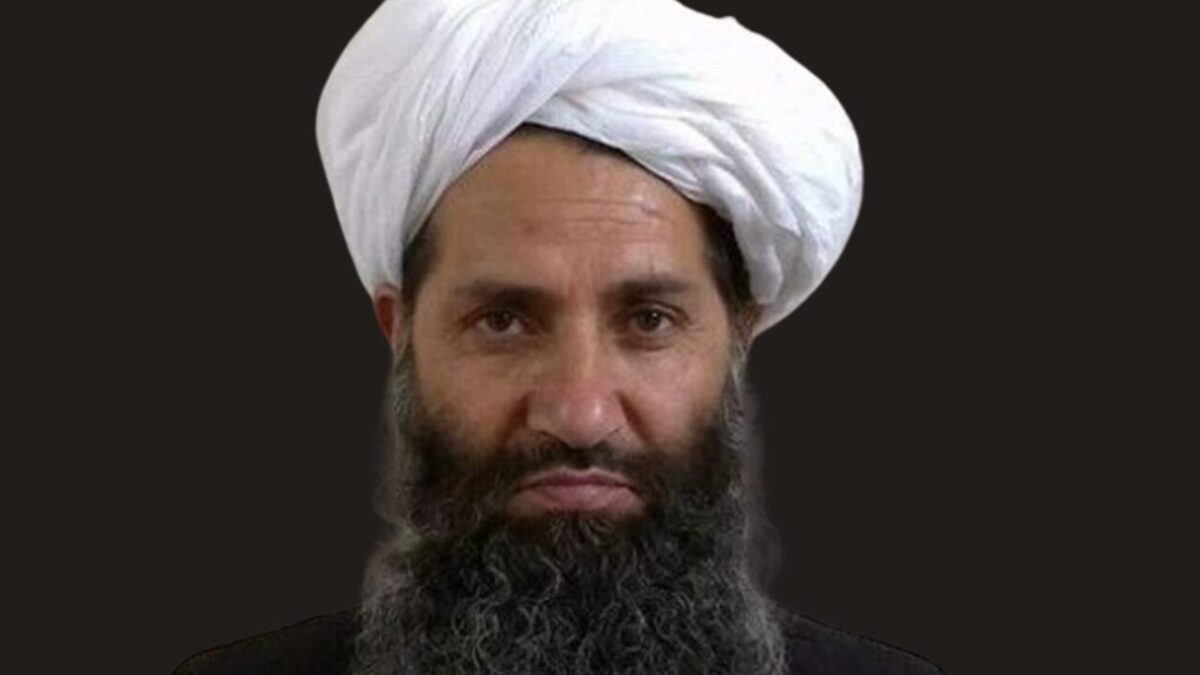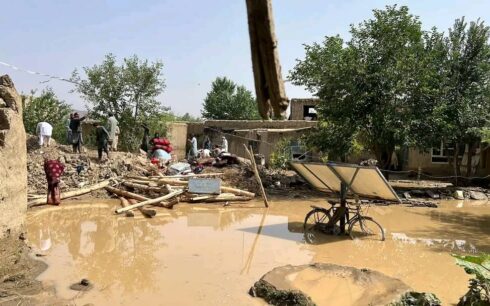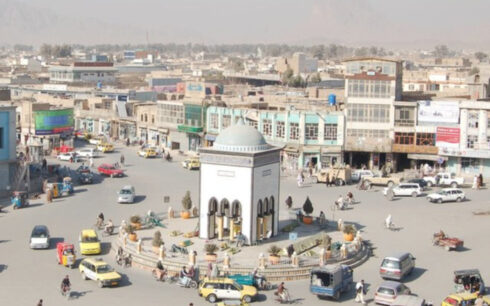KABUL, Afghanistan — The Taliban announced Tuesday that their leader has approved a plan to identify and eliminate “harmful and costly traditions” they claim are inconsistent with Islamic law.
The decision was made during a “special meeting” of the Taliban’s Economic Commission, chaired by their reclusive leader, Hibatullah Akhundzada.
According to a statement released by the Taliban, a committee comprising representatives from the Administrative Office, the Ministries of Promotion of Virtue and Prevention of Vice, Hajj and Religious Affairs, Information and Culture, Higher Education, and Education, as well as religious bodies like the Council of Afghan Scholars and various fiqh assemblies, will survey these practices nationwide.
The Taliban argue that such traditions lead to unnecessary expenses and waste. The committee has been tasked with drafting strategies to curb these practices and reporting their findings to the Taliban leadership.
Economic plans
Beyond addressing social customs, the Taliban also outlined economic and industrial development initiatives during the meeting.
Allocation of State Land for Residential and Commercial Use
The Taliban said that government land under urban planning schemes will be allocated for residential and commercial purposes. A committee, including representatives from the Administrative Office, and the Ministries of Urban Development, Justice, Agriculture, Industry and Commerce, and the Kabul Municipality, has been tasked with overseeing this process.
The Taliban approved the allocation of significant tracts of land for industrial development. The plans include:
8,000 jeribs (1,600 hectares) of land around Kabul for industrial and mining processing zones.
20,000 jeribs (4,000 hectares) each in Nangarhar, Kandahar, and Balkh provinces for industrial areas.
10,000 jeribs (2,000 hectares) in Kunduz for industrial zones.
1,000 jeribs (200 hectares) in other provinces for industrial parks.
Privatizing Highway Land for Public Facilities
The Taliban’s Economic Commission has also decided to privatize land alongside major highways designated for public infrastructure. The statement said the land will be used for constructing mosques for both men and women, ablution facilities, gas stations, and hotels. The Taliban claim this initiative will not only provide services to travelers but also create employment opportunities.
According to the statement, the Taliban-run Ministry of Mines and Petroleum and the National Development Company have been tasked to develop a plan to extract iron ore from the Hajigak mine in collaboration with private sector partners.
The proposal is to be submitted to Taliban leadership for approval.
The Taliban said they emphasized stricter measures to curb smuggling of prohibited goods and essential food items. A list of permissible and banned commodities is to be prepared and approved by Taliban leadership.
The Taliban also announced punitive measures against those caught smuggling iron, including prison sentences of six months to two years and the seizure of vehicles transporting illegal goods for up to two months.
Additionally, the Taliban-run ministries of Public Health, Finance, and Industry and Commerce, as well as municipal offices, have been tasked with drafting a plan to prevent the smuggling of medicines and food supplies.
The Taliban leadership also issued instructions to address the trade and burning of human hair, an issue they have previously raised as inconsistent with their interpretation of Islamic practices. The Ministry of Interior has been directed to submit proposals to Taliban leadership regarding confiscated hair, with orders for implementation to follow across all provinces.
The Taliban’s announcement comes as part of a broader campaign to impose severe restrictions on Afghan society. Since returning to power in August 2021, they have enacted sweeping bans on social freedoms and cultural traditions, including prohibiting Nowruz celebrations, a centuries-old Afghan tradition marking the Persian New Year.
The Taliban have also restricted families from visiting recreational sites, parks, and shrines, either imposing heavy limitations or banning them entirely in certain areas.
While the Taliban continue to expand economic initiatives such as mining projects, they have yet to provide details on how revenues from Afghanistan’s natural resources are being spent, fueling concerns over transparency and equitable distribution.
These policies reflect the Taliban’s attempt to consolidate control over both social customs and economic resources, but they have deepened tensions with Afghan citizens, many of whom view such measures as repressive and destabilizing.





